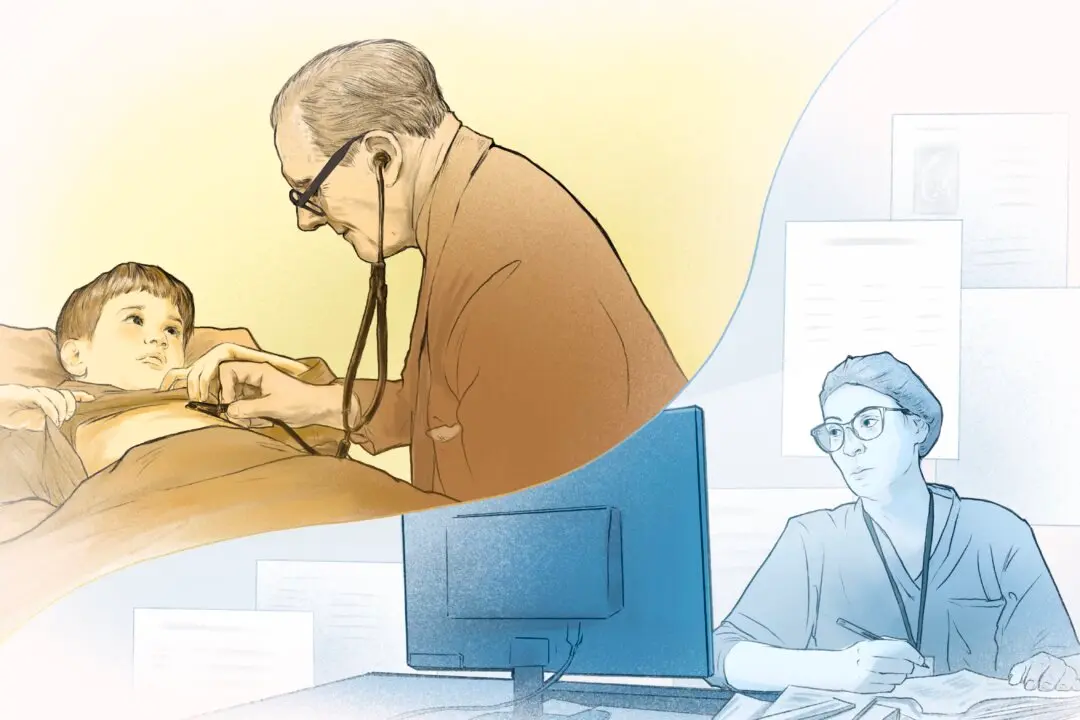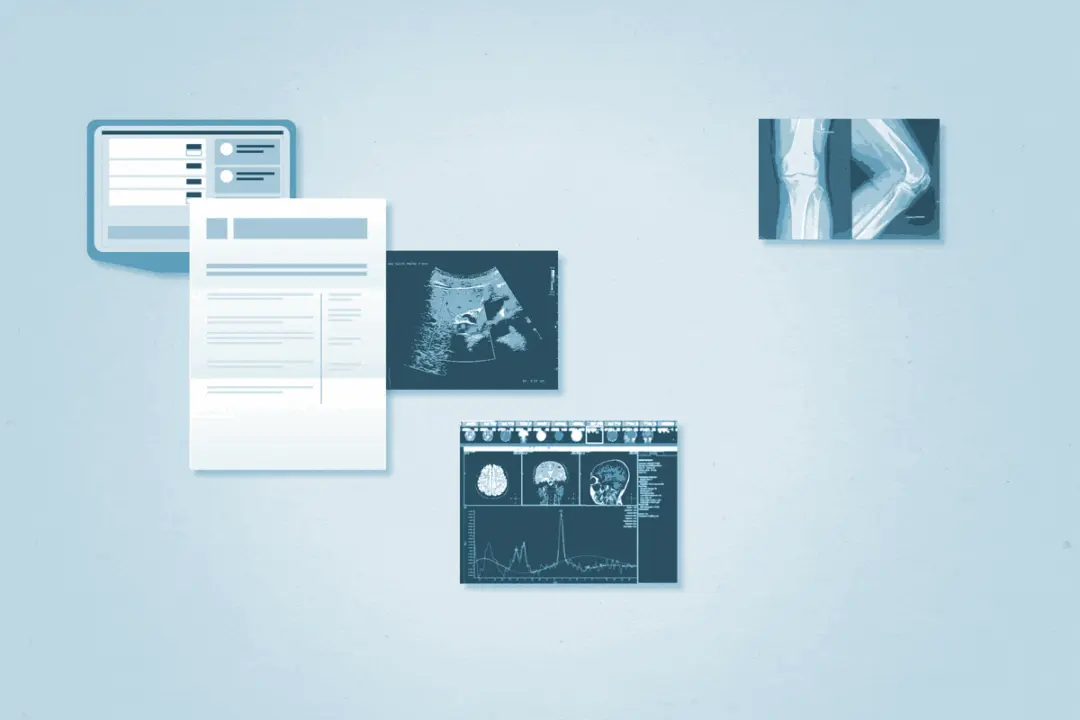The festive glow of twinkling lights and joyous songs often mask the holiday season’s hidden stress and emotional challenges. This underlying pressure, frequently ignored amid the celebrations, may precipitate a serious, yet lesser-known condition: holiday heart syndrome.
More than just a byproduct of holiday excesses, this syndrome is deeply linked to the season’s psychological stressors, ranging from the anxiety of orchestrating perfect holiday events to navigating complex family relationships. Recognizing and understanding these psychological factors is key to protecting our heart health during this special time of year.






